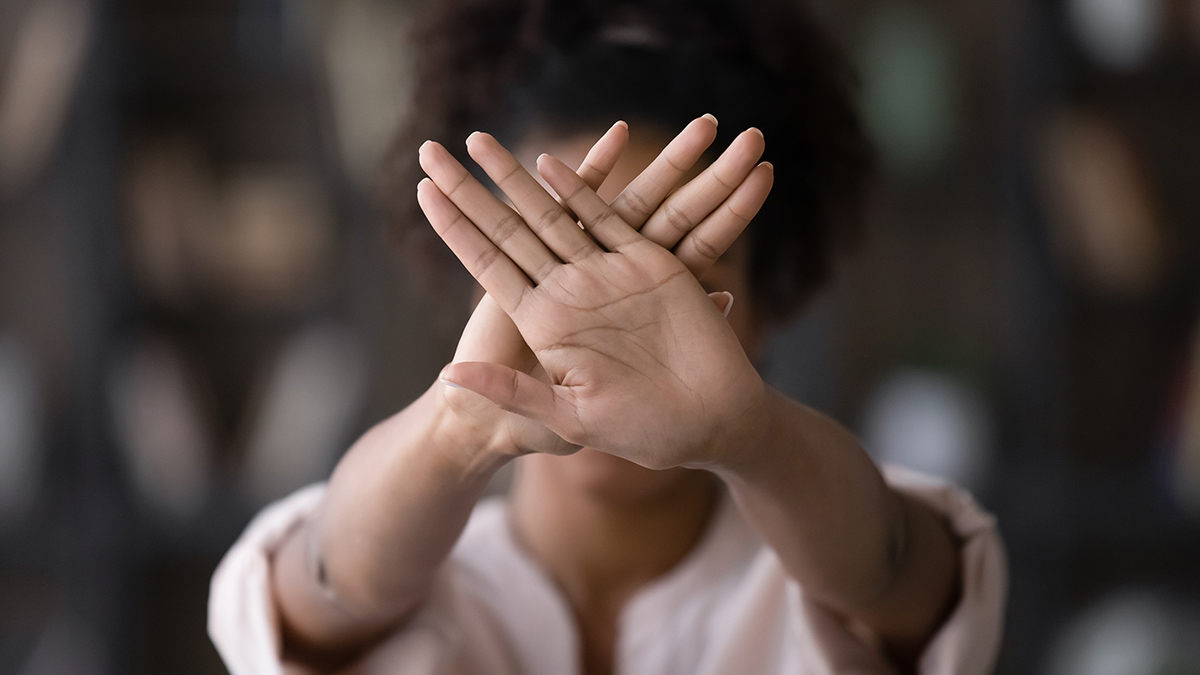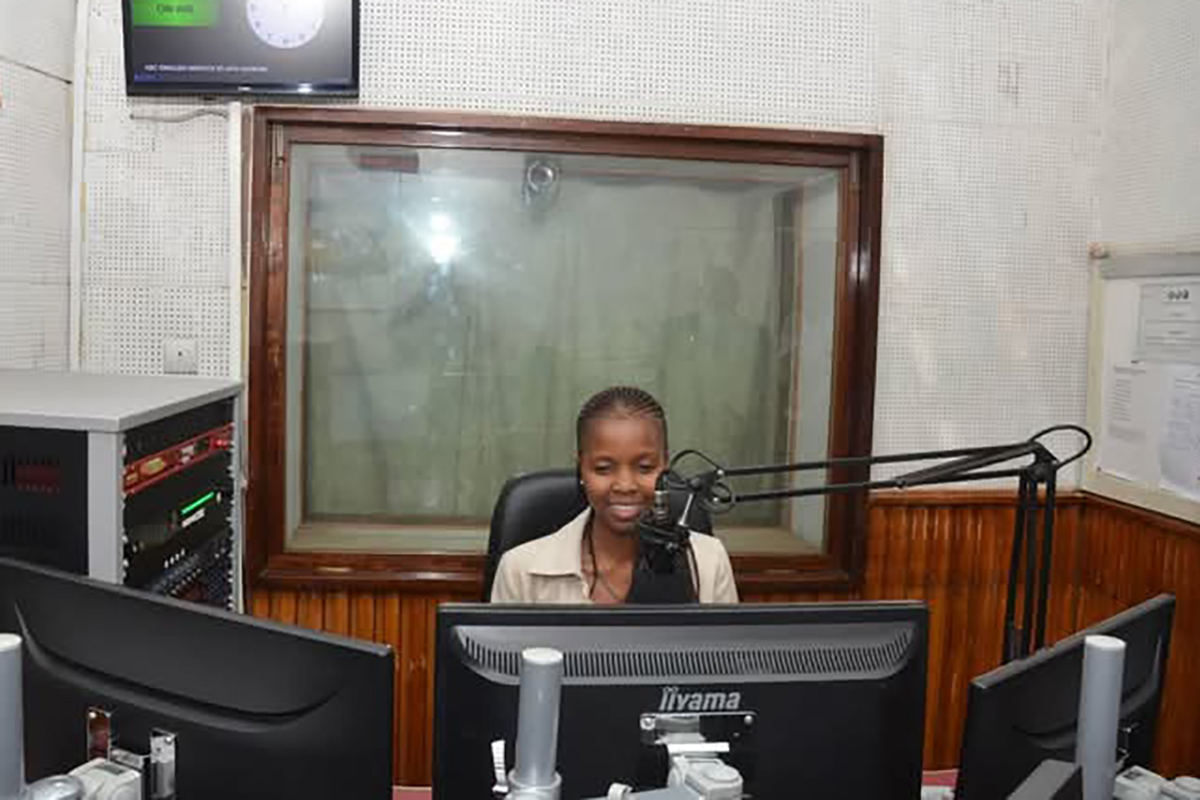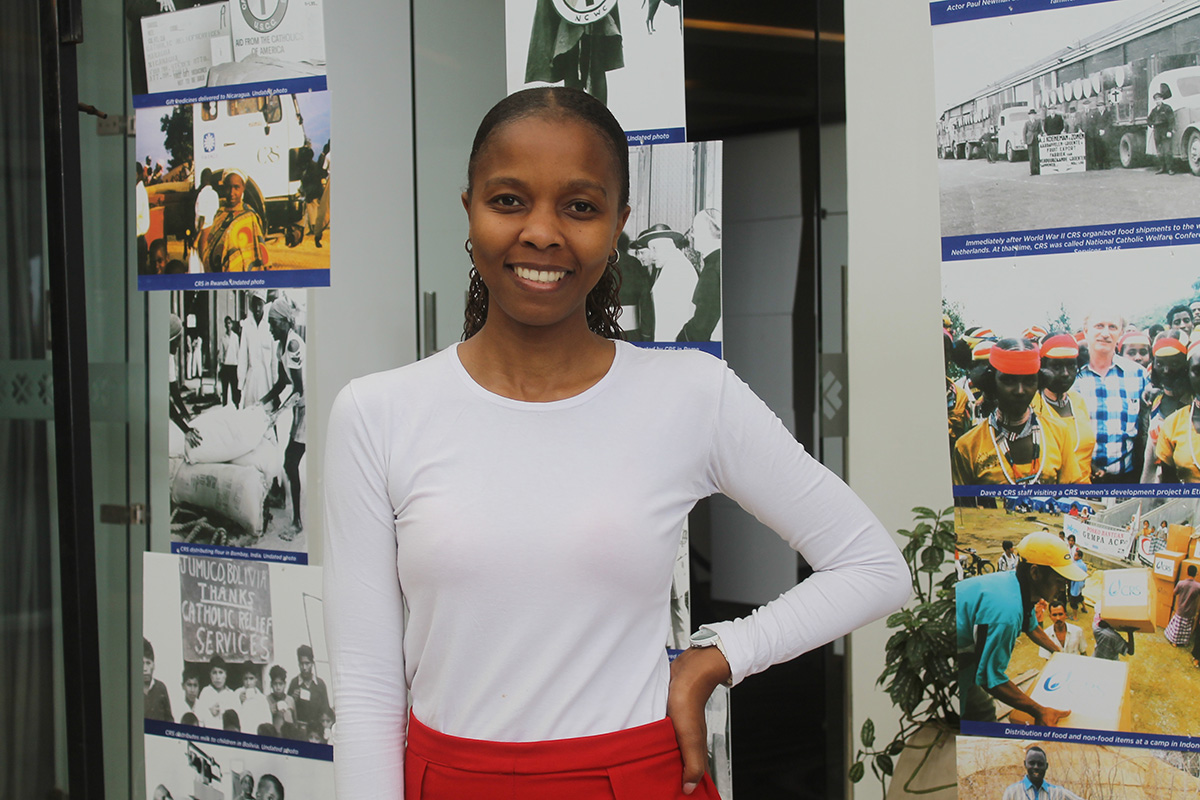Gender based violence: Rape; Clearing the fog
January 17by Ruhamah Ifere
Women and girls are on the run for their lives in Nigeria. This is alarmingly so because in 2023, 30 million women and girls are still experiencing gender based violence in the country according to Action Aid. One in two women report that they or a woman they know have experienced violence since the Covid-19 pandemic.
Thirty-five per cent of women in Nigeria have experienced gender-based violence. This implies that one in every three Nigerian women has suffered physical and/or sexual violence. According to the 2018 Nigeria Demographic and Health Survey, 31% of women between ages 15 and 49 have experienced physical violence while 9% have experienced sexual violence. Further, 36% of once married Nigerian women have suffered spousal violence. Nigeria also has a prevalence of female genital mutilation; at least 20% of Nigerian women between ages 15 and 49 were circumcised as of 2018. Forced early marriage is also prevalent in the country. Drivers of violence against women in Nigeria include social norms, economic stress, family relations, patriarchal beliefs, and targeted assertions against female autonomy.
Rape is a crime. It is not only penalised by Laws of the country but also morally. This act deprives one of their rights, dignity and liberty which has been provided for by the 1999 Constitution of the Federal Republic of Nigeria (as amended) as well as other instruments of the law that Nigera is a signatory to nationally, regionally and internationally.
According to Section 357 of the Criminal Code of Nigeria; “Any person who has unlawful carnal knowledge of a woman or girl, without her consent, or with her consent, if the consent is obtained by force or by means of threats or intimidation of any kind, or by fear of harm, or by means of false and fraudulent representation as to the nature of the act, or, in the case of a married woman, by personating her husband, is guilty of an offence which is called rape”.
Section 358 of the Criminal Code also went ahead to provide for the punishment for rape; “Any person who commits the offence of rape is liable to imprisonment for life, with or without caning”.
What then happens when crime persists irrespective of the laws which have been enacted? The question that arises in the mind of the citizenry is whether such laws exist only on paper or whether there is no effective enforcement mechanism.
Lately, confidence in the Law enforcement agencies by the citizenry has waxed cold. A good number of rape survivors have narrated their ordeal on the hands of the Law enforcement agencies which further discourages them from taking the necessary actions against the perpetrator of the act. On the positive side, there is a greater awareness of this issue and more survivors are beginning to speak up and seek justice.
It is noteworthy that there are agencies set up by the state governments. Lagos for instance has set up some agencies with emergency hotlines to attend to people. In 2019 alone, Lagos state government secured over 90 convictions of sexual offences. This is also supplemented by private institutions like Mirabel centre, Ceceyara Foundation amongst others.
Has this been sufficient for the women and girls? I dare say, for the men also. Men also get raped and abused also. The difference is that the statistics rate against women and girls is higher.
One important factor to note is Awareness. The recent incidents and the Speaking Out by both Rape survivors and concerned citizens has brought about a increased awareness that should be sustained in order for this crime to be reduced to its barest minimum.
Technology has provided a platform for people to create awareness of gender based violence and its various forms. Civil Society Organisations have leveraged technology to create online campaigns with hashtags that can educate and empower people especially survivors to speak up. One of such campaigns is the #Rethinkinggenderviolence by The Youth Evolve to actively include young people to create awareness on social issues and speaking up.
Gender based violence happens every day. Internal vigilance by every stakeholder is crucial to winning this battle.






